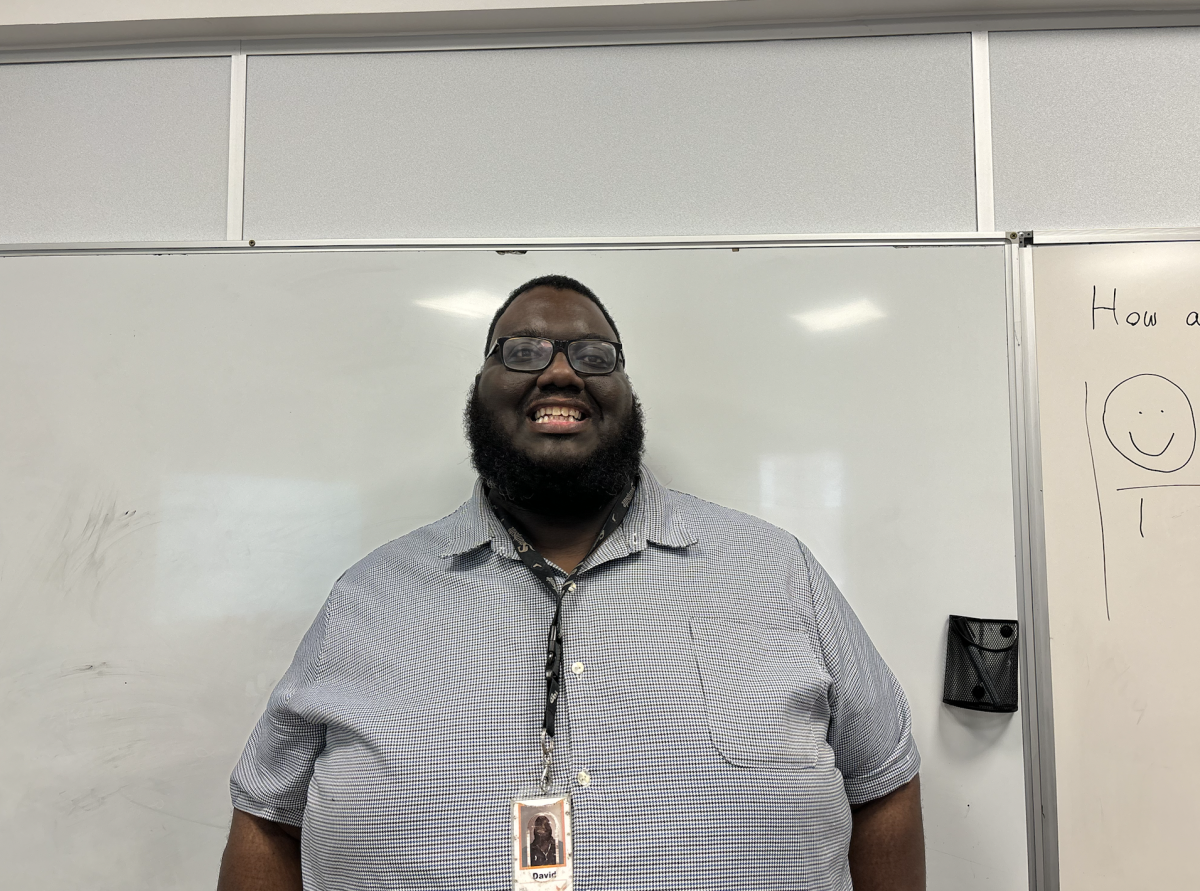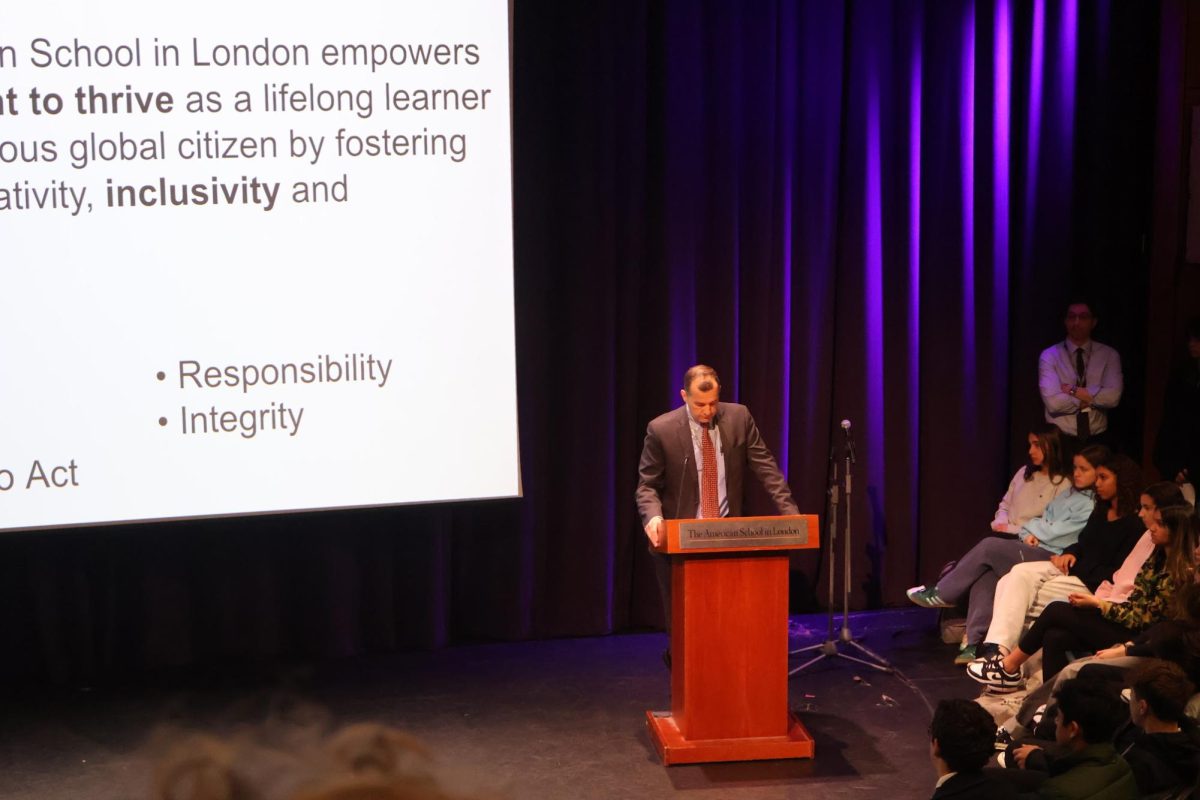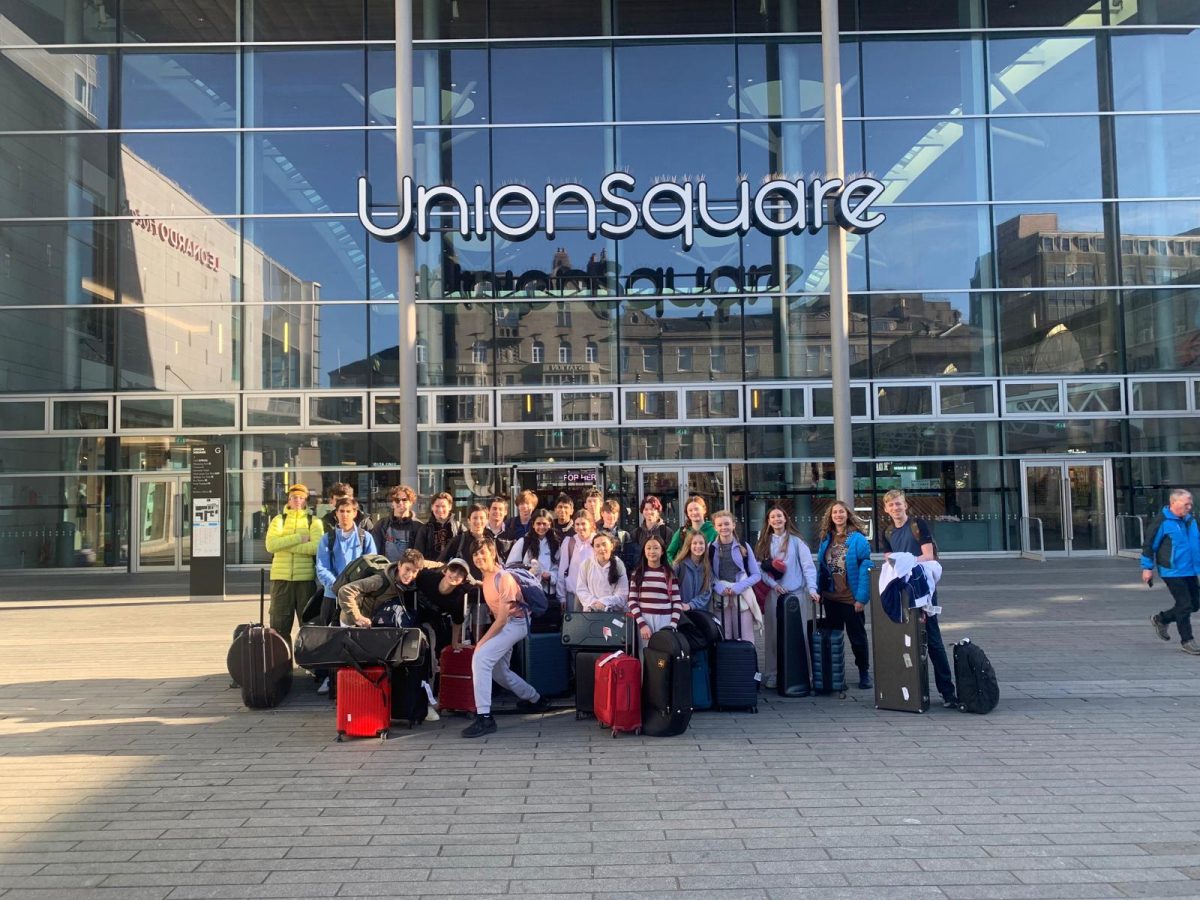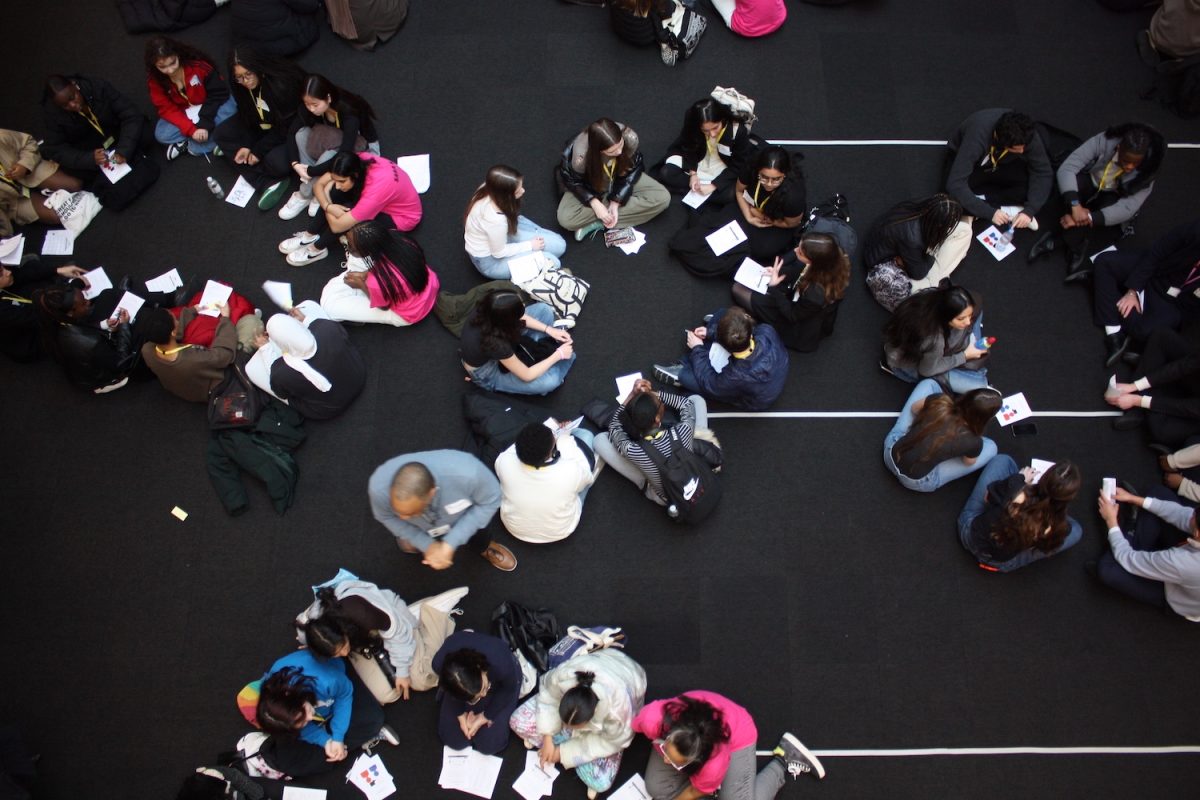During February Break, Kiev, the capital city of Ukraine, was filled with thousands of anti-government protesters fighting for the resignation of President Viktor Yanukovych.
Anti-government protests began November 24, three days after Yanukovych abandoned an agreement to strengthen relationships with the European Union (EU) in favor of keeping ties with Russia. Russia, which supplies Ukraine with large amounts of natural resources, threatened to stop supplying Ukraine if they signed the agreement, which would create closer ties between Ukraine and the EU. For more than two months, the unrest between the two parties were only nonviolent protests by political leaders, which was nowhere as extreme as what would happen next.
Violent protests began on February 18. Maidan Nezalezhnosti, the independence square in the center of Kiev, became the site of violence and devastation when at least 18 people were killed on that day. Truces between Yanukovych and the anti-government party were short-lived, leading to more violence on February 20.
With protests out of control, protesters are paying a price: At least 77 have been killed, many of them shot to death. While Yanukovych has been ousted from power, Ukraine will have to undergo a long process of development in order to become the country it used to be.
Currently, unrest has expanded throughout the entire country. Russian President Vladimir Putin has employed troops in Crimea, a south-east peninsula of Ukraine where a majority of the population is pro-Russia.
Obama has spoken with EU member leaders such as German Chancellor Angela Merkel and British Prime Minister David Cameron about how to sanction Russia. As these talks are ongoing, the area of Crimea continues to be hostile.
Journalists have also been targeted by Pro-Russian troops in Crimea. According to CNN, a Bulgarian journalist was attacked by Russian military and held at gunpoint in Simferopol, Crimea. A CCTV camera shows their equipment was taken and the journalist was beaten.
These gruesome events led up to the referendum– on March 16, when 96% of Crimean voters are in support of joining Russia. The EU said in a statement that the referendum was “illegal and illegitimate and its outcome will not be recognised.”
U.S. and EU leaders began to impose sanctions on March 17, targeting both Russian and Ukranian leaders who are linked to the unrest in Crimea.
While protests in Ukraine are drawing the attention of the majority of global publications, over 6,000 miles away college students in western Venezuela began protesting against President Nicolas Maduro over lack of security and the country’s poor economy since early February.
Mariajose Nebreda (’15) has been following these events closely because her relatives live in Caracas, Venezuela. Before living in London, Nebreda spent her entire life in Latin America until she moved in 2009. “I moved to London because of the lack of safety in Latin America. That is why I’m here,” she said.
Nebreda is very passionate about what is going on due to her immediate ties to the situation: “Everyone is getting involved with these protests. It isn’t just a political party or a group of students anymore. My uncle, my grandma, everyone is getting involved,” Nebreda said.
Director of Curriculum and Instruction Roberto d’Erizans also has connections to Venezuela, having lived there until he was 10. While most of his family now lives in Miami, he is still closely following the uprising due to his family. “Certainly it affects me. I worry about what is going on, and the safety of those I care about,” d’Erizans said.
This is not an issue that only affects the South American country. CNN was threatened to be expelled by Maduro after showing footage depicting a civil war. Nebreda says that no local media can be trusted. “News is controlled by the government. They’re showing soap operas on television. You can’t rely on the [local] news for anything. In some parts of the country, they are cancelling internet so people don’t find out what they’re saying outside of the country,” Nebreda said.
d’Erizans agrees with Nebreda that the news is being controlled by the government, and is surprised by the lack of response from the world in regards to the potential expulsion. “For the past few weeks all that has been on the front page has been Ukraine, but why not Venezuela? There are few journalists there,” d’Erizans said.
Student protests in Venezuela began due to the rape of a young student in San Cristobal as an example of the lack of security. These protests have escalated dramatically after the government responded with violence. According to Mary Murray of NBC News, a person is murdered in Venezuela every 21 minutes and 1,000 citizens have been killed so far, up 10 percent from regular statistics before protests. Nebreda hears from her relatives that it’s “basically a civil war”, but the lack of media coverage and global knowledge is not enough. “No one knows about Venezuela. There’s so many things going on. This is ridiculous. People are getting kidnapped, and it is not being talked about,” Nebreda said.
Maduro has used varied ways to try and end these protests. According to Bloomberg Businessweek, Maduro hosted a “national peace conference” on February 27 in an attempt to end protests. He also called an unexpected six-day national holiday from February 27 to March 4 to accompany the national Carnival festival.
In a recent interview with Fox News, analyst Ellen Ratner stated that this issue has been going on for a while, however there has been no media coverage until recently. “This issue has been going on for six months to a year, and where has the press been?” Ratner said.
Nebreda agrees with this both at a global level as well as at ASL. Even though this is an event that recently has had a lot of coverage, the overarching issues have just barely begun to be covered. “In general, people know very little. People are so corrupted and know so little because they think it does not affect them directly. That annoys me.”
will_muoio@asl.org







